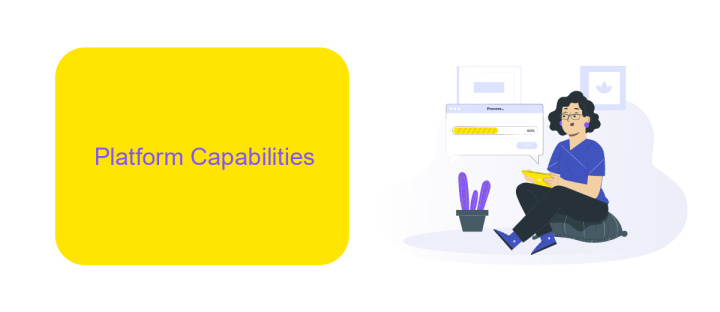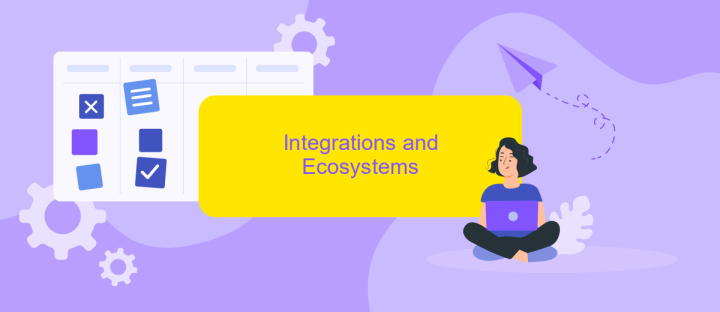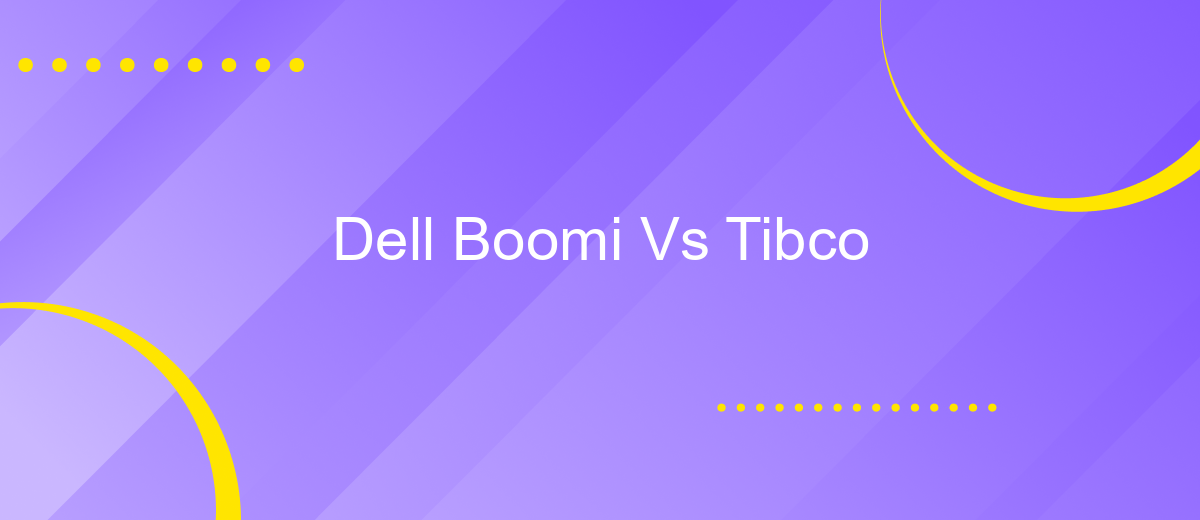Dell Boomi Vs Tibco
In today's fast-paced digital landscape, businesses require robust integration platforms to streamline their operations and enhance efficiency. Dell Boomi and Tibco are two leading contenders in this space, each offering unique features and capabilities. This article provides a comparative analysis of Dell Boomi and Tibco, examining their strengths, weaknesses, and suitability for various business needs.
Introduction
In today's fast-paced digital landscape, seamless integration between various software applications is crucial for businesses to maintain efficiency and competitiveness. Two prominent players in the integration platform as a service (iPaaS) market are Dell Boomi and Tibco. Both platforms offer robust solutions for connecting disparate systems, automating workflows, and enabling real-time data exchange.
- Dell Boomi: Known for its user-friendly interface and extensive pre-built connectors.
- Tibco: Renowned for its advanced data analytics and comprehensive integration capabilities.
Choosing the right integration platform can be a daunting task, given the myriad of factors to consider such as ease of use, scalability, and support for various data formats. Additionally, services like ApiX-Drive can further simplify the integration process by offering intuitive tools and pre-configured templates, making it easier for businesses to connect their applications without extensive coding. This article delves into the features, strengths, and weaknesses of Dell Boomi and Tibco to help you make an informed decision.
Platform Capabilities

Dell Boomi is a robust integration platform that offers a wide array of capabilities to streamline business processes. It provides tools for application and data integration, API management, and workflow automation, making it easier for organizations to connect disparate systems. With its low-code development environment, Dell Boomi allows users to create integrations quickly and efficiently, reducing the need for extensive coding knowledge. The platform's pre-built connectors and templates further simplify the integration process, enabling faster deployment and scalability.
Tibco, on the other hand, excels in delivering comprehensive integration solutions with its extensive suite of tools. It supports application and data integration, API management, and event processing, ensuring real-time data flow across various systems. Tibco's strong emphasis on analytics and data visualization provides businesses with deeper insights and better decision-making capabilities. Additionally, Tibco's platform is highly customizable, allowing for tailored solutions that meet specific business requirements. Both platforms, including services like ApiX-Drive, offer significant advantages, but the choice depends on the specific needs and technical environment of the organization.
Integrations and Ecosystems

When comparing Dell Boomi and Tibco, it's essential to consider their integration capabilities and ecosystem support. Both platforms offer robust tools for connecting diverse systems and applications, but they differ in their approach and ecosystem partnerships.
- Dell Boomi: Known for its user-friendly interface, Dell Boomi provides pre-built connectors and templates, enabling quick and efficient integrations. It supports a wide range of applications, including Salesforce, NetSuite, and more.
- Tibco: Tibco excels in handling complex enterprise-level integrations with its comprehensive suite of tools. It offers extensive support for various protocols and standards, making it suitable for large-scale operations.
- ApiX-Drive: As an additional service, ApiX-Drive can streamline the integration process for both Dell Boomi and Tibco users by automating data transfer between applications without requiring extensive coding skills.
In summary, Dell Boomi is ideal for businesses seeking quick and easy integrations, while Tibco is better suited for enterprises with complex integration needs. ApiX-Drive can further enhance these platforms by simplifying the integration setup and maintenance process.
Pricing and Licensing

When comparing Dell Boomi and Tibco, pricing and licensing are crucial factors to consider. Dell Boomi offers a subscription-based pricing model, which includes different tiers based on the number of integrations and features required. This allows businesses to scale their usage according to their needs.
On the other hand, Tibco provides a more traditional licensing model, often involving a one-time fee along with annual maintenance and support costs. This can be beneficial for enterprises looking for long-term solutions without recurring subscription fees.
- Dell Boomi: Subscription-based, scalable pricing
- Tibco: One-time licensing fee with annual maintenance
- Customization and flexibility in both models
- Support for various integration needs
Both platforms offer robust integration capabilities, but the choice between them may depend on your budget and preference for either a subscription model or a one-time licensing fee. For businesses seeking a more flexible, subscription-based approach, Dell Boomi might be the better option. However, enterprises looking for a long-term investment may find Tibco's licensing model more suitable.
Conclusion
In conclusion, both Dell Boomi and Tibco offer robust integration solutions tailored to different business needs. Dell Boomi stands out with its ease of use, cloud-native architecture, and rapid deployment capabilities, making it an excellent choice for businesses looking to quickly scale their integration processes. On the other hand, Tibco provides a more comprehensive suite of tools with a focus on complex data integration and enterprise-level solutions, which can be ideal for larger organizations with intricate IT ecosystems.
When choosing between Dell Boomi and Tibco, it is crucial to consider your organization's specific requirements, including the complexity of integrations, scalability needs, and budget constraints. Additionally, services like ApiX-Drive can complement these platforms by offering automated integration setups, further simplifying the process of connecting various applications and services. Ultimately, the right choice will depend on aligning the platform's strengths with your business goals and technical demands.
- Automate the work of an online store or landing
- Empower through integration
- Don't spend money on programmers and integrators
- Save time by automating routine tasks
FAQ
What are the primary differences between Dell Boomi and Tibco?
Which platform offers better scalability?
How do Dell Boomi and Tibco handle data integration?
What are the costs associated with Dell Boomi and Tibco?
Can I use external services for implementing and configuring these platforms?
Strive to take your business to the next level, achieve your goals faster and more efficiently? Apix-Drive is your reliable assistant for these tasks. An online service and application connector will help you automate key business processes and get rid of the routine. You and your employees will free up time for important core tasks. Try Apix-Drive features for free to see the effectiveness of the online connector for yourself.


